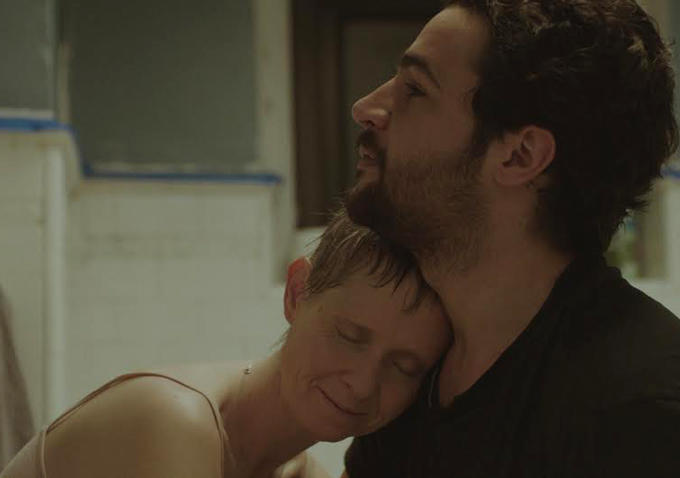By providing your information, you agree to our Terms of Use and our Privacy Policy. We use vendors that may also process your information to help provide our services. This site is protected by reCAPTCHA Enterprise and the Google Privacy Policy and Terms of Service apply.
Sundance: Cynthia Nixon on Facing Death in ‘James White’ and the Hard Hours of ‘Sex and the City’
Nigel M. Smith

She’s currently at Sundance starring in “Stockholm, Pennsylvania” and “James White,” the latter of which has left audiences emotionally devastated. In “James White” — from “Martha Marcy May Marlene” producer Josh Mond, making his directorial debut — Nixon plays the cancer-stricken mother of the titular character (played by ex-“Girls” star Christopher Abbott), who slowly comes to terms with her impending death when her condition worsens.
Indiewire spoke with Nixon in Park City about the toll the role took on her, losing her own mother to cancer, and the legacy of “Sex and the City.”
 Yeah.
Yeah. You’ve played a character facing impending death before, onstage in “Wit.” What kind of perspective have the two projects given you on death? Does it scare you?
You’ve played a character facing impending death before, onstage in “Wit.” What kind of perspective have the two projects given you on death? Does it scare you? The reason I asked about TV is because both you and Christopher [Abbott] are best known for your work on HBO shows.
The reason I asked about TV is because both you and Christopher [Abbott] are best known for your work on HBO shows.By providing your information, you agree to our Terms of Use and our Privacy Policy. We use vendors that may also process your information to help provide our services. This site is protected by reCAPTCHA Enterprise and the Google Privacy Policy and Terms of Service apply.















